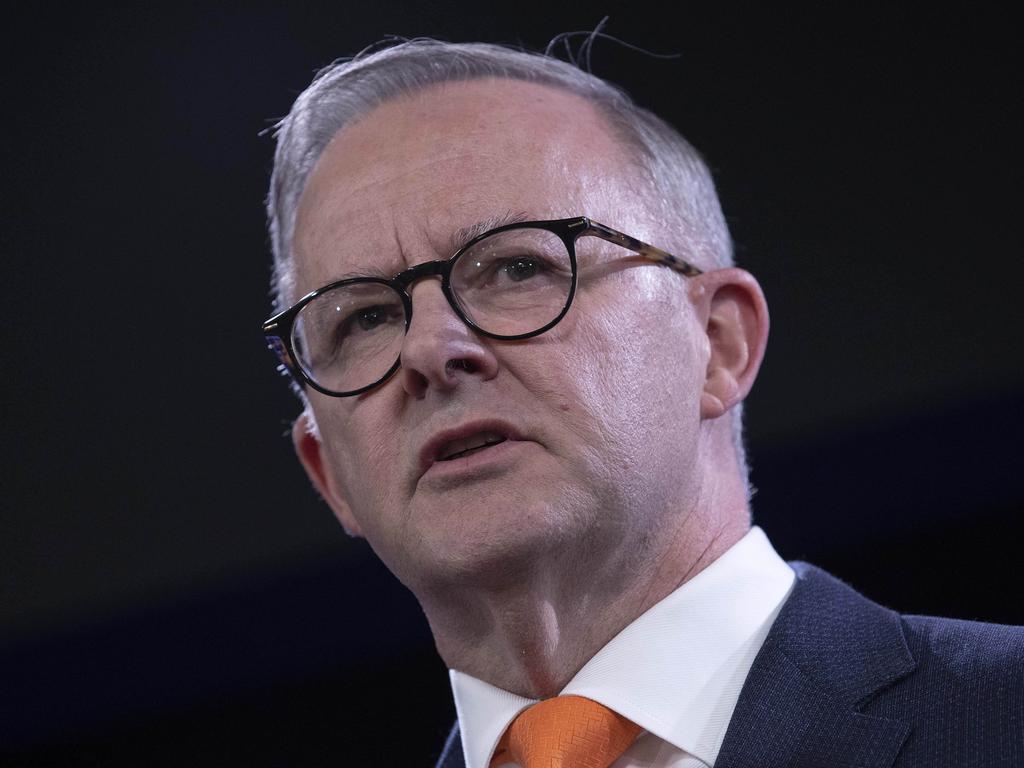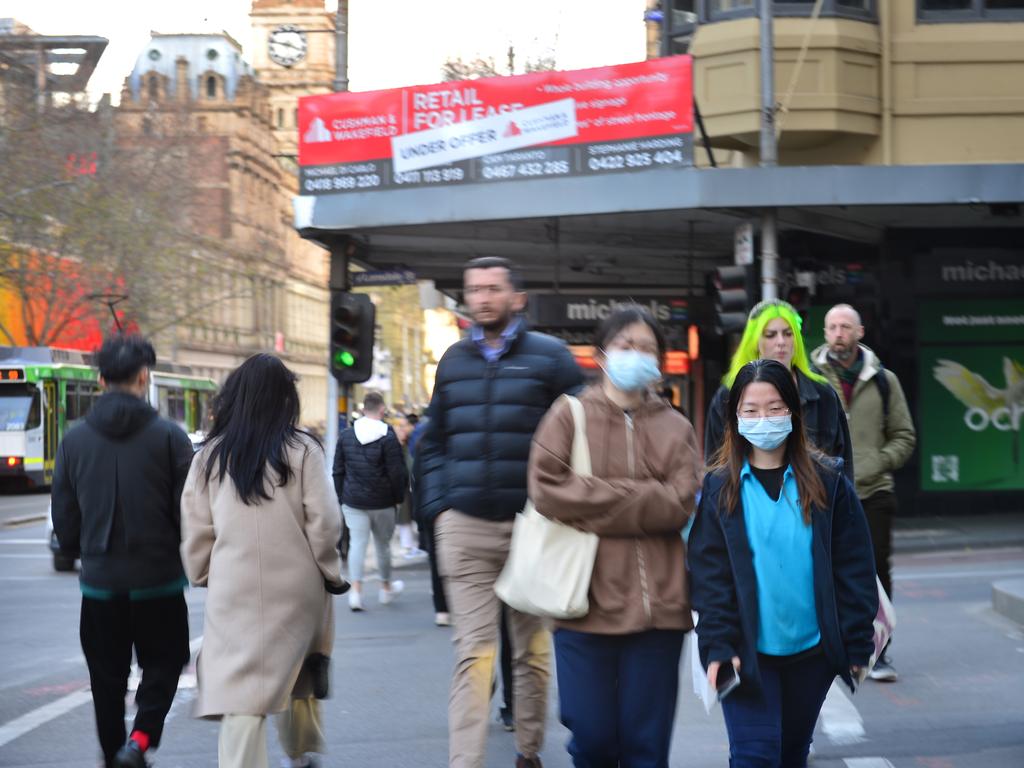Calls to extend pandemic pay if Covid isolation period not cut from seven days to five
Anthony Albanese faces a call to extend pandemic pay if the national cabinet refuses to cut isolation periods for Covid-19.
Anthony Albanese faces a call to extend pandemic pay if the national cabinet refuses to cut isolation periods from seven days to just five.
As state premiers prepare to meet to thrash out a consensus on shorter isolation periods, the states are split with some concerned over new variants if more infectious people are in the community.
But most premiers are on a unity ticket that as long as mandatory isolation remains the payments must follow.
Workers can claim up to $750 if they contract Covid and have to stay home but don‘t have sick leave under the program.
But the scheme is set to expire on September 30.
NSW Premier Dominic Perrottet, who is leading the charge to reduce isolation periods now that case numbers are coming under control, has hinted at a carrot-and-stick approach to getting the Commonwealth on board over the changes.
“I do not believe it is right that forced isolation continues, and the state does not provide that financial support,” he said.
“The state – being the federal and state governments – in circumstances where health restrictions are in place that restrict people’s liberty, the state needs to provide that support.”

While initially the payments were paid by the Commonwealth, the states agreed to split the cost when Prime Minister Anthony Albanese was pressured into changes in July.
“We have stepped in from a state level and provided 50/50 in terms of those financial arrangements,” Mr Perrottet said.
“The reality is if that support isn’t there then what you will have is people leaving isolation and working to provide for their families, so we have a responsibility to do that, and I’ll make that point very clear tomorrow.“
Mr Perrottet first flagged his push to slash isolation periods in an interview with news.com.au in July.
Former deputy chief medical officer Nick Coatsworth said the government should go further and scrap isolation periods entirely.
“We don’t need a debate about whether it should be seven or five days isolation,” he said.
“The two day reduction will get people get back to society quicker with no meaningful increase in numbers. The conversation we need to have is when to stop mandatory isolation entirely.”
But the Victorian Premier has been cagey about his position on isolation periods insisting he will stick with the health advice.
“I’m inclined to follow that advice,” Daniel Andrews said.
The chief medical officer Professor Paul Kelly is currently on leave and the advice will be handled by deputy CMO Professor Michael Kidd.

However, he agreed with Mr Perrottet that as long as mandatory isolation rules were in place that support was needed.
“Those pandemic payments have worked and if we are going to continue isolation then those payments should continue as well,” he said.
ACT Chief Minister Andrew Barr is urging caution, warning that new variants could pose fresh dangers.
“I am concerned about new variants that may emerge during the northern hemisphere winter,” he said.
Liberal leader Peter Dutton has backed calls to relax the isolation periods for people who contract coronavirus.

“I‘m happy to listen to the health advice, but clearly now we’re moving into a phase where the isolation period will reduce,’’ he said.
“The arrangements otherwise that were in place at the height of Covid, will start to unwind and I think that‘s what the community expects and it’s what the Premiers and the Prime Minister should deliver; listen to the health advice, but be sensible about its application.”
“We are now going to have to live with Covid, I think, for many years to come. But people need to get back to work and people need to reunite with their families here in Victoria, across the country, indeed across the world.”




